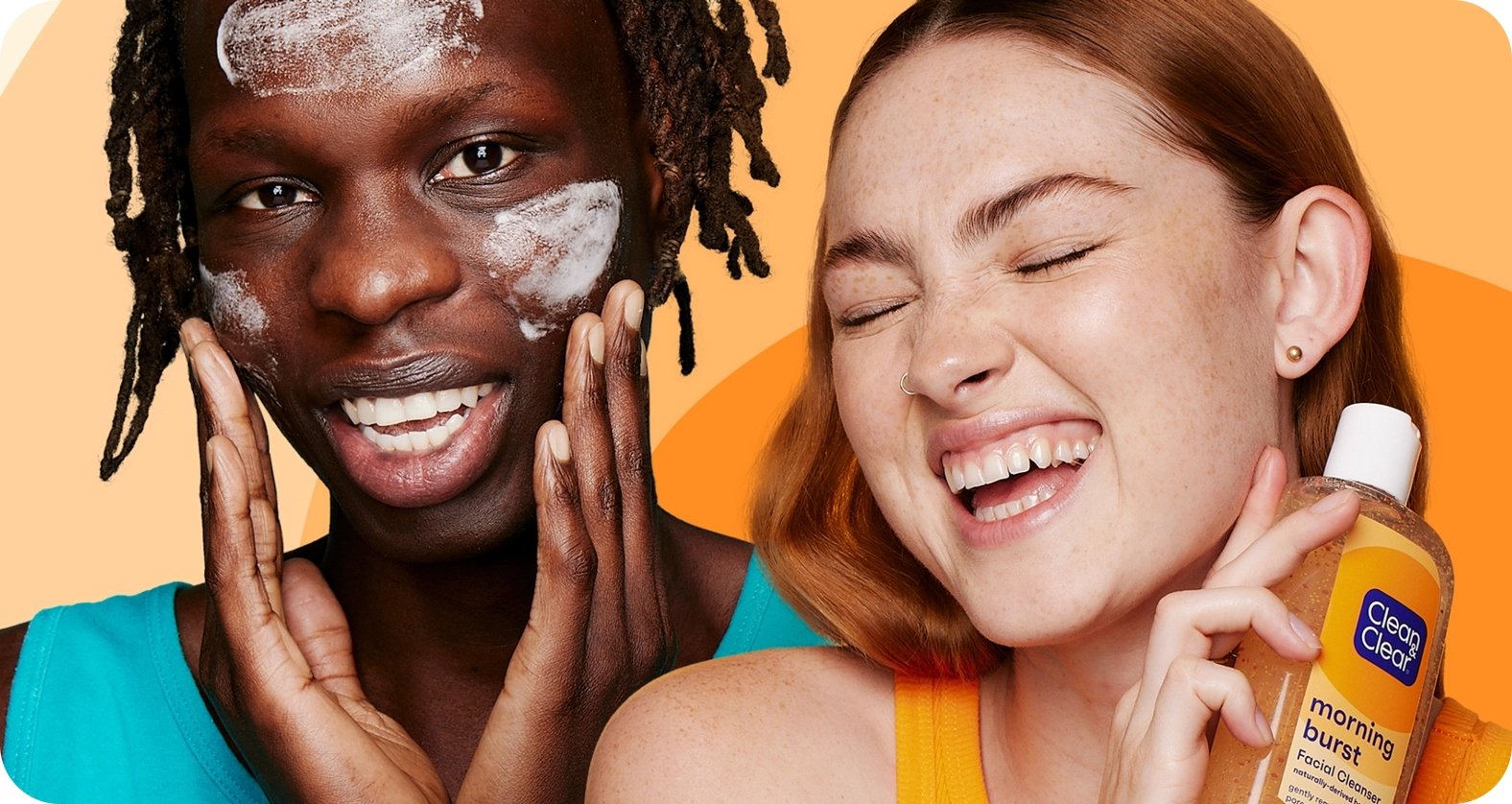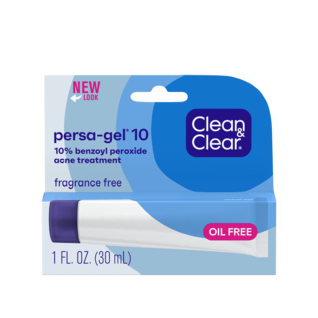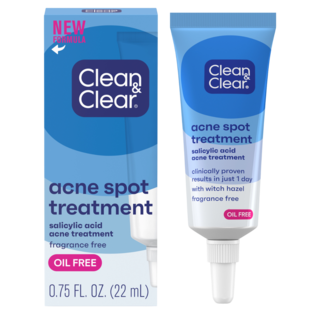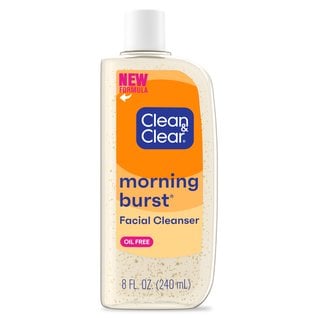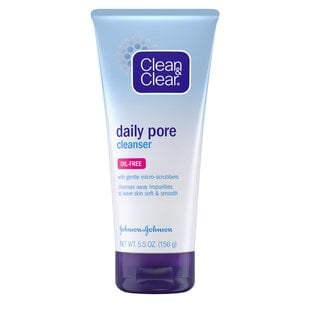
Skin First
Before we skin care, let’s get on the same page about skin.
The skin is the body’s outer covering and largest organ, with a total area of about 20 square feet. Our skin protects us from the elements, regulates body temperature, and enables us to touch and feel sensations like heat and cold.
Skin Layers
The epidermis: The outermost layer of the skin that protects the body.
The dermis: A thick layer of tissue that lies below the epidermis. The tissue in this lay contains hair follicles and sweat glands and cushions the body from stress.
Hypodermis: The deepest skin layer consisting of subcutaneous tissue that connects the skin to bone and muscle fascia.
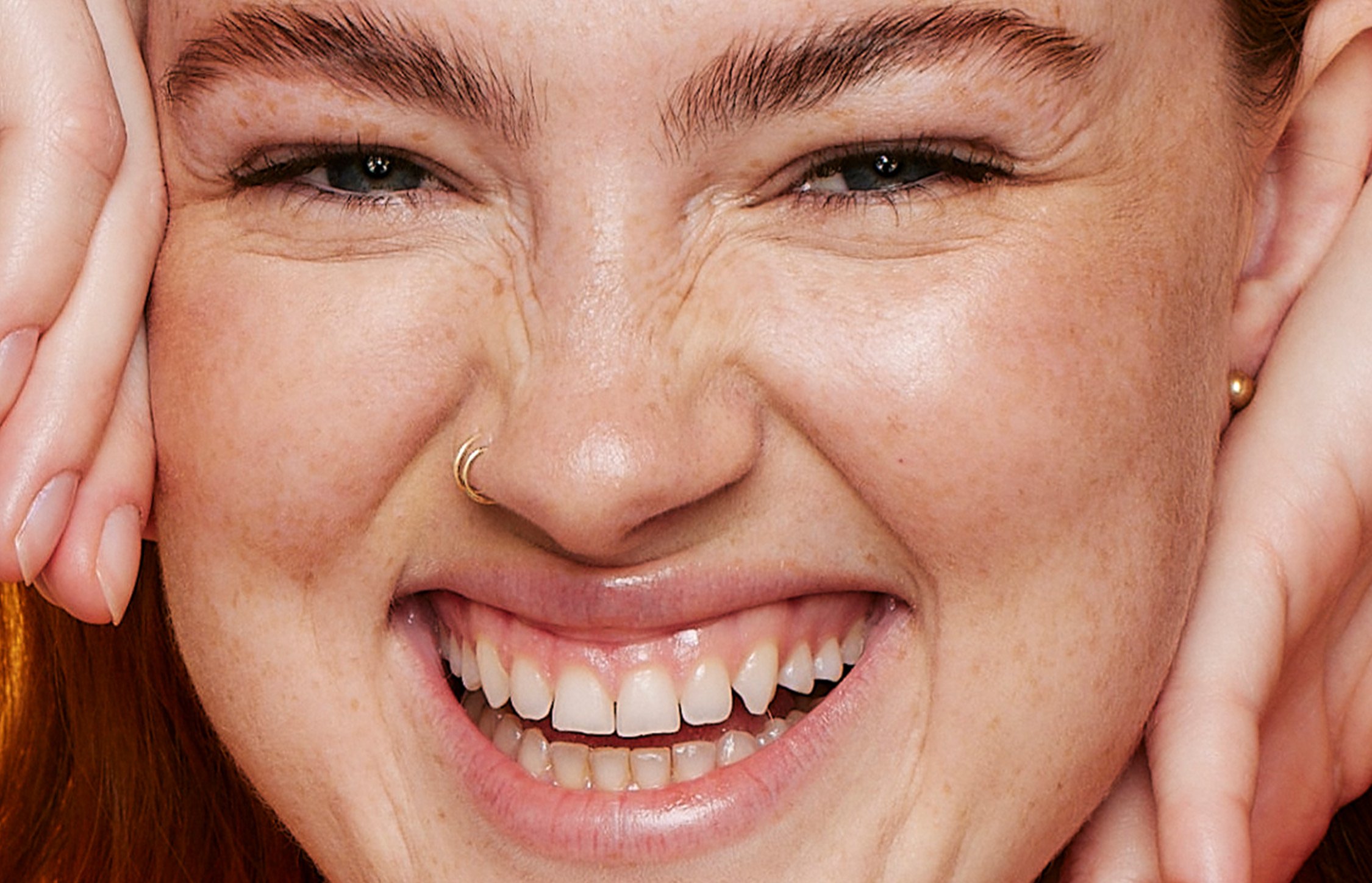
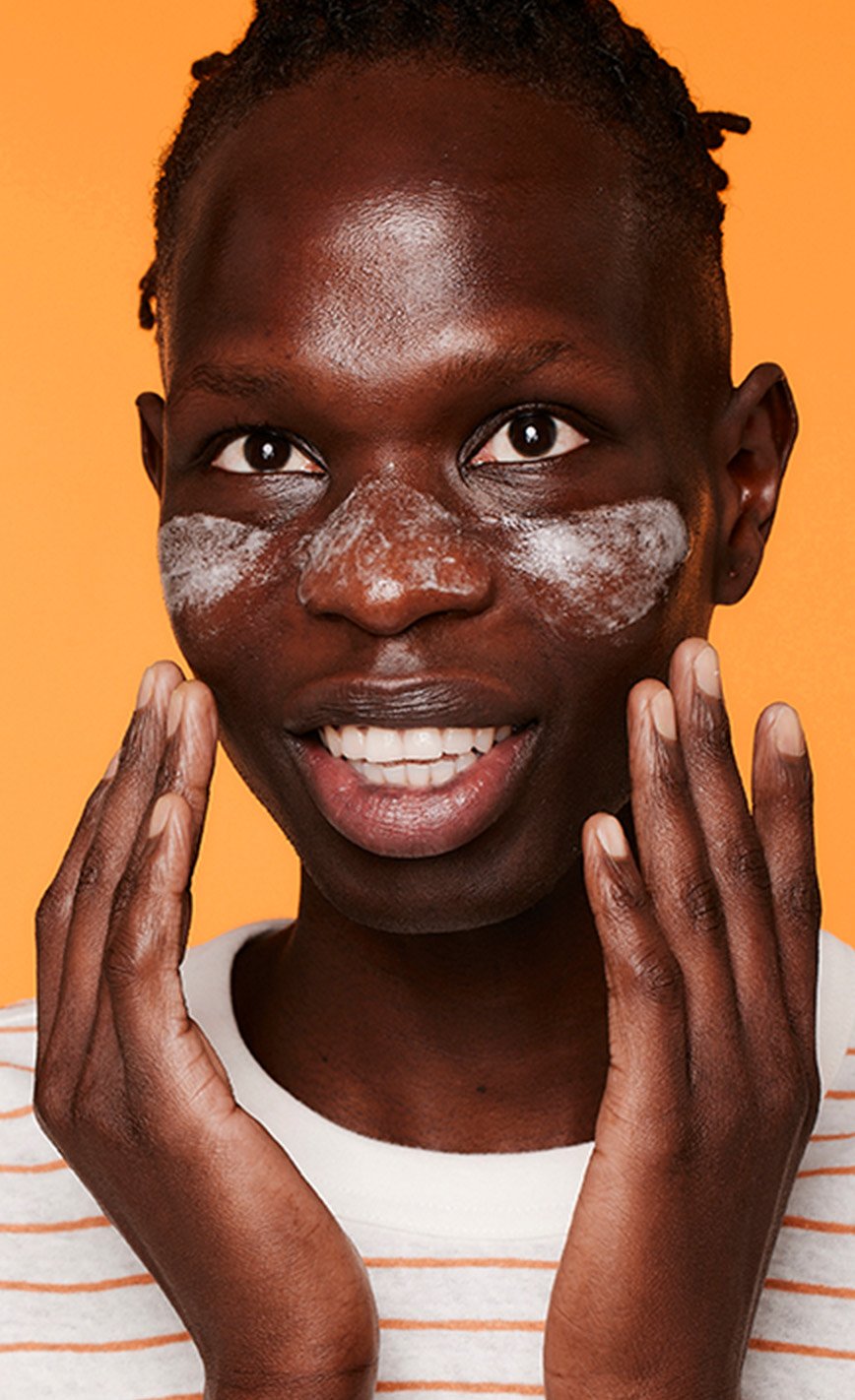
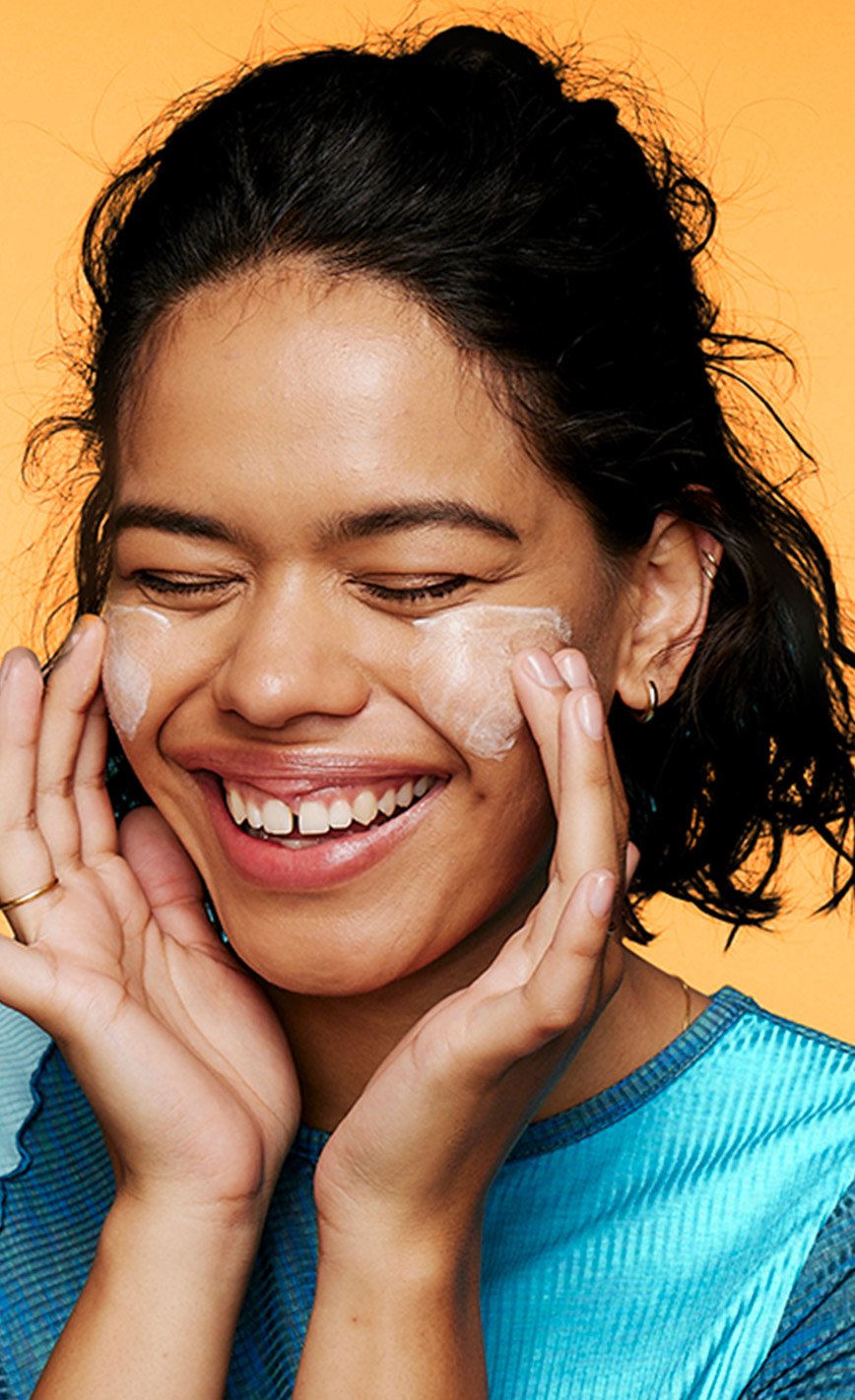
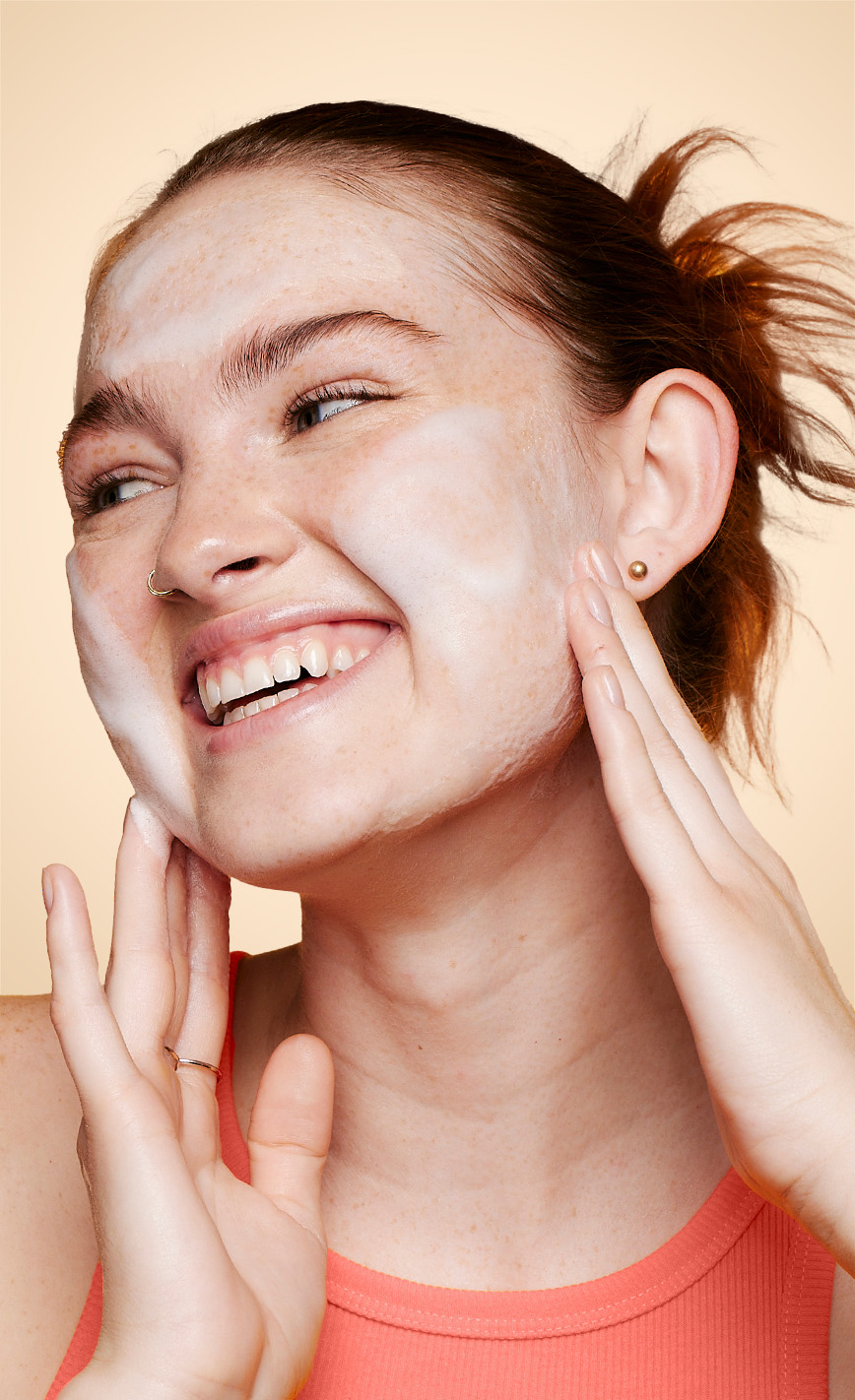
Skin Tone
The skin’s color tone is the genetically determined amount of melanin in your epidermis. Melanin is produced by special cells called melanocytes in the epidermis.
Skin Types
Cosmetically speaking, skin is classified according to several factors related to its balance.
Everyone’s skin is unique, but identifying your skin type on this scale will help you make smarter choices about which products to use.
Click through the different skin types below to learn about each one’s characteristics and find which one best describes your skin.
Sensitive skin is easily irritated, and sometimes becomes itchy, red, painful or dry. If this is your skin type, find out which factors trigger a reaction and avoid them. Use gentle cleansers and skin care products with lower percentages of active ingredients.
Dry skin does not produce as much natural moisture, and tends to lose it faster. It feels tight and can become rough, itchy or flaky. If this is your skin type, use a gentle cleanser and avoid over-washing your face. Apply and re-apply an oil-free moisturizer as needed.
What balanced really means is that your skin is well-balanced -not too oily and not too dry. Your T-zone (forehead, nose, chin) is the area that may get oily. If you have balanced skin, you can generally use most skincare products.
Oily skin tends to get shiny or greasy pretty quickly; This is because this skin type produces extra oil, which can eventually clog pores, attract bacteria, and cause acne. If this is your type, fight the urge to pop or prick your pimples and only use products that are oil-free and non-comedogenic, meaning they won't clog pores.
Combination skin is usually dry or normal in some areas but oily in the T-zone (forehead, nose and chin). If this is your skin type, you might be struggling with enlarged pores, blackheads, and some grease and shine along your T-zone.
Acne-prone skin can be any of the above skin types, that is prone to outbreaks of pimples. You can have mild acne, moderate acne, or severe acne. Skin care with active ingredients like benzoyl peroxide and salicylic acid can be used to treat mild and moderate acne. If you have severe acne, it's best to make an appointment with a dermatologist to find a solution.
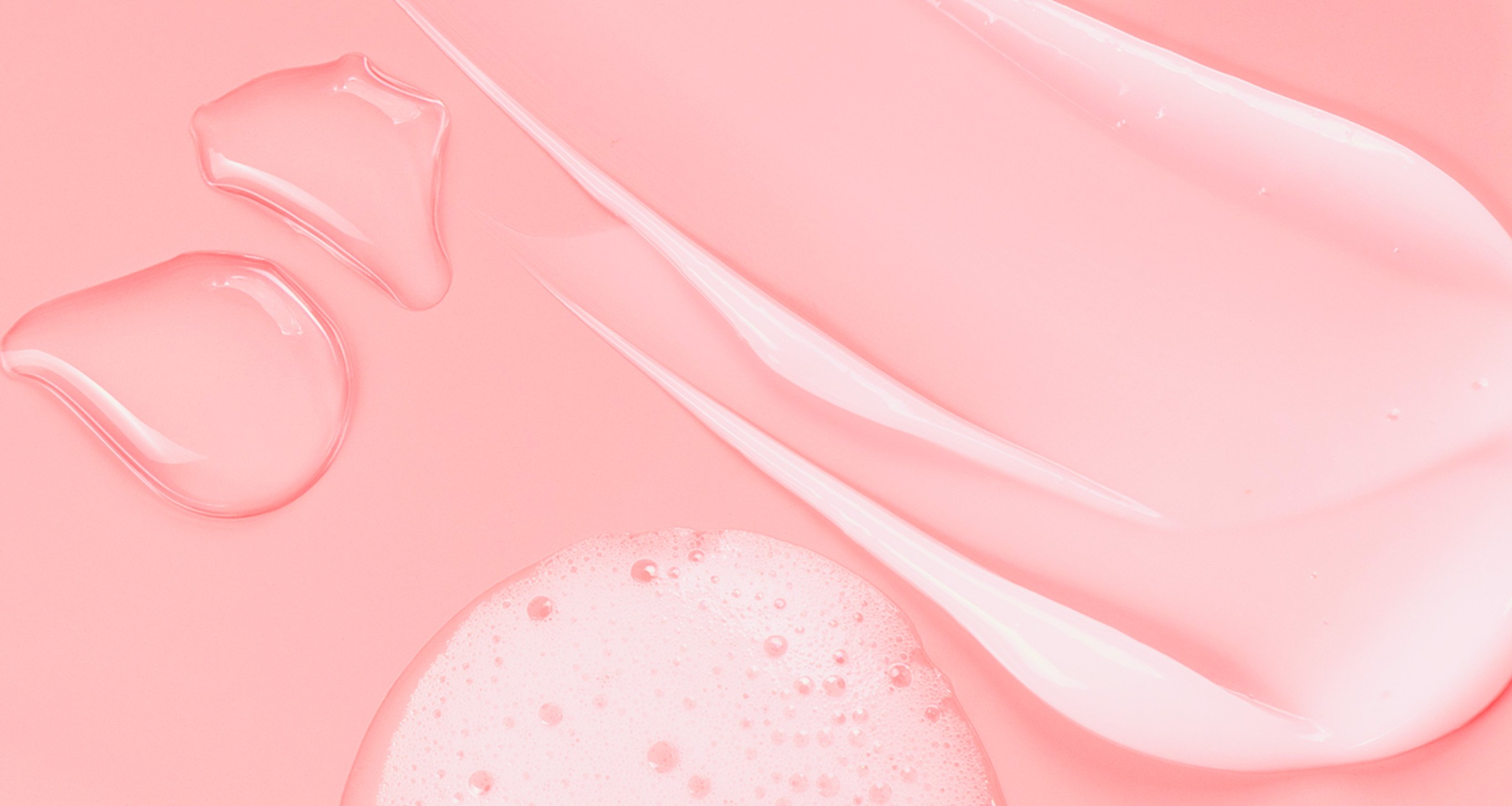
Cleansers > Soap
Why you need a facial cleanser and why soap just won’t do.
When it comes to pH, our skin falls into the neutral/acidic side of the scale, and soap is extremely alkaline.
This means soap is far too harsh for the delicate skin on your face. It throws off skin’s delicate pH balance, which can worsen skin conditions. Soap is great for the rest of your body, but it strips the skin of its natural oils, leaving it exposed and unprotected.
Facial cleansers are formulated to maintain skin’s delicate pH balance and safely remove dirt, bacteria, and impurities without harm. This leaves skin feeling and looking its best.
Acne
Blackheads, and pimples, and breakouts, oh my!
Acne is no reason to hide.
Acne can feel like a curse, but it’s actually a chronic or long-term condition that affects many teens AND adults. Understanding what causes acne, how to treat it, and what to avoid can help you best manage this skin condition.
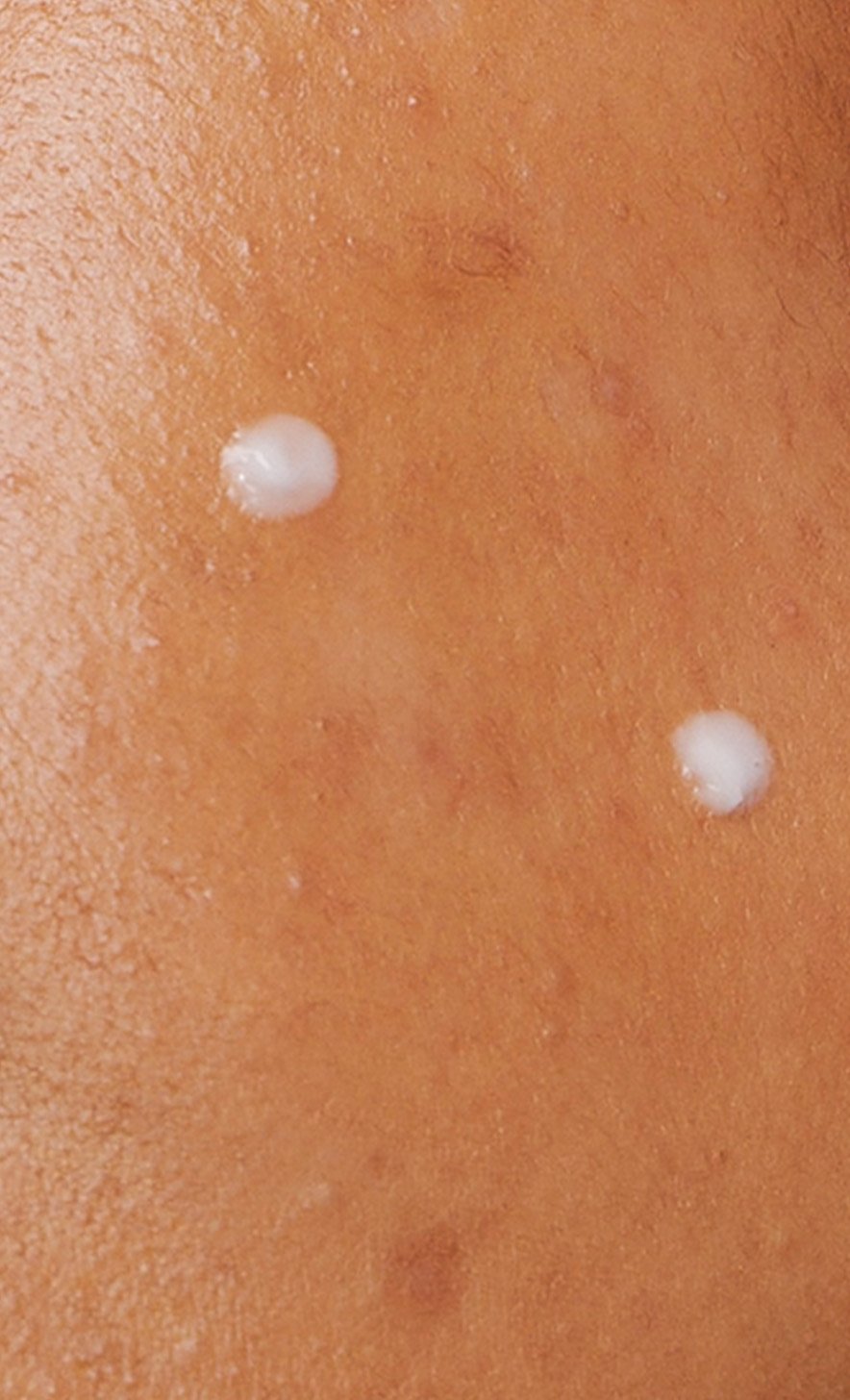
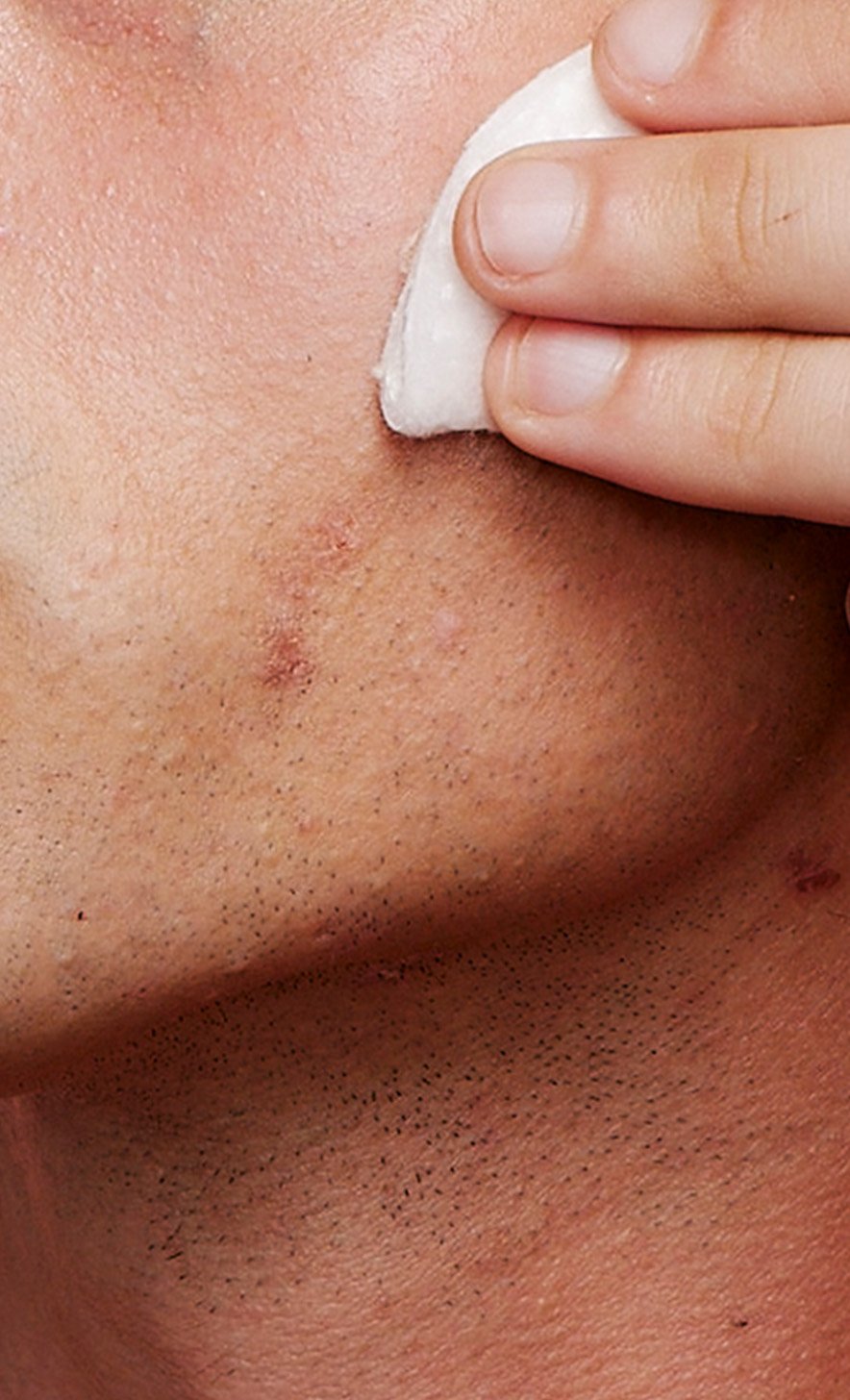
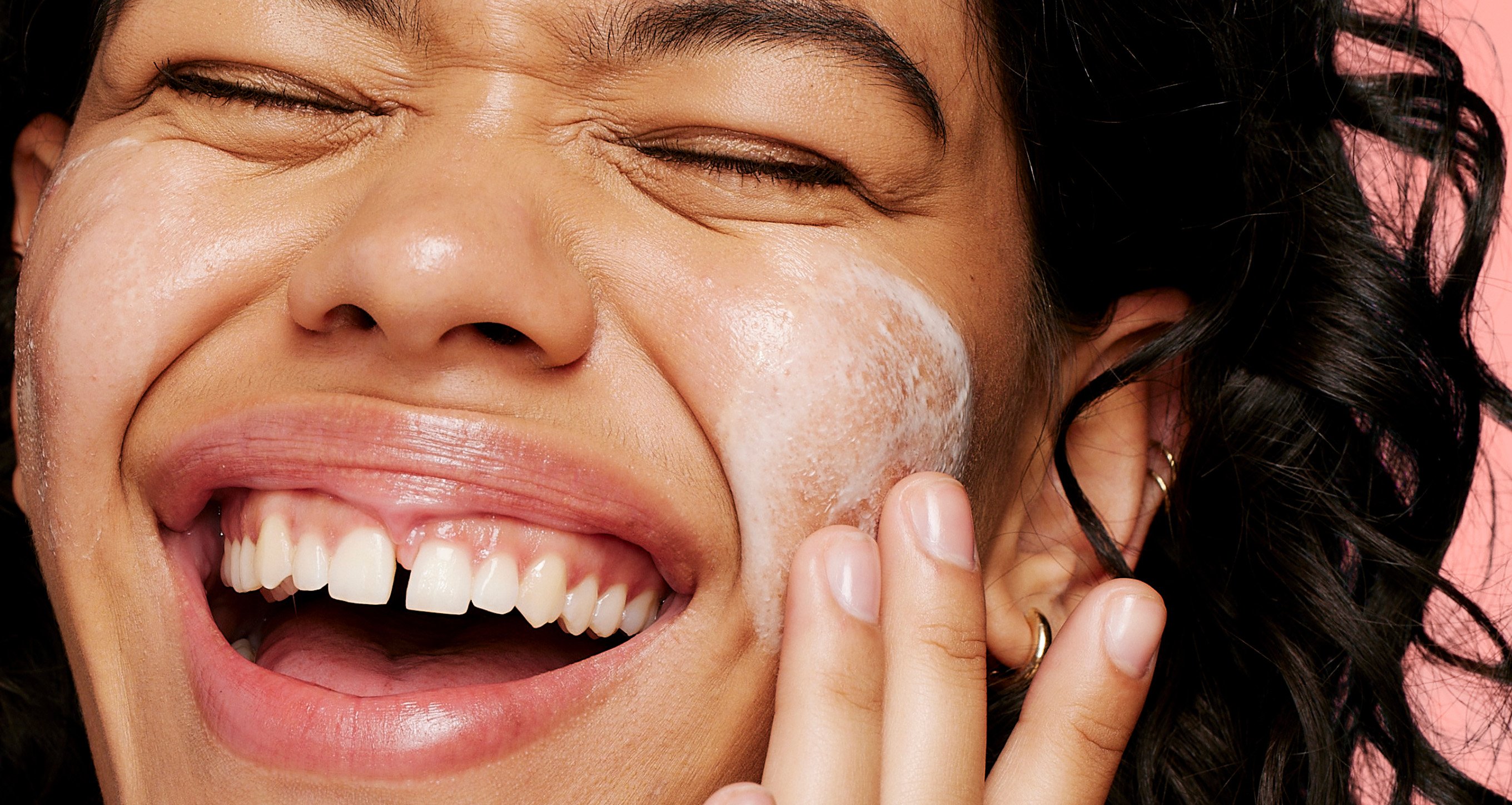
Skin Goals
The world of skin care can feel stressful and overwhelming, but we’re here to make it easier.
We’ve all been there, teen years that is. We’ve faced pimples, acne, blemishes, post-acne marks, and everything in between. And most adults do too.
The important thing to remember is that no one has total control over their skin, and that’s okay. Perfect skin does not exist. Imperfections are normal and beautiful. With a better understanding of skin care, you can find products, rituals, and routines that work for your unique skin and make you feel your best.

